Uong Xiaofei: The villain dressed as a human and tormented Tu Xiyuan to the bone?
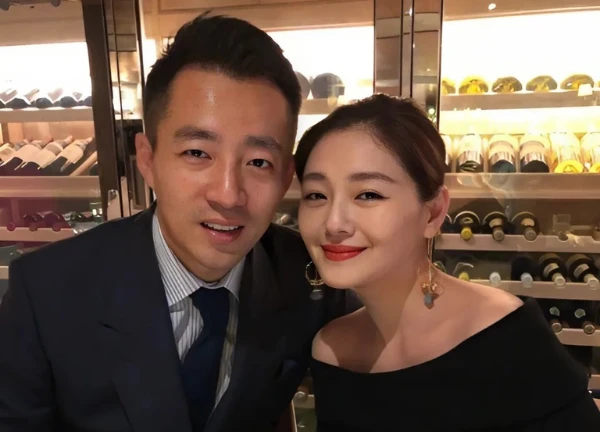
5 | 0 Discuss | Share
Officials in the Song Dynasty often appeared with an inconvenient hat with a full-meter long wing. This is closely related to the rules and discipline of the royal court and ensuring the reputation of the King.
When watching Chinese historical dramas set in the Song Dynasty, the audience is often attracted to the official hat with a particularly long wing. At first glance, the hat was predicted to be extremely inconvenient when used, so why did the Song Dynasty wear a hat with this strange design?
This invention originated during the time of King Song Thai Tong. Emperor Tong Thai Tong noticed that when he set up the court, the officials and ministers standing close to each other often whispered, discussed, and disrespected the king, so he was extremely angry, suspecting that the officials were plotting to create rebellion.
To avoid this painful situation, King Song specially designed long wings on the official hat. The left and right sides of the official hat have since been attached with "wings" made of bamboo frames. Thanks to the hat, the ministers will have to stand at a fixed distance from each other, unable to talk like before. This will increase the discipline of the imperial court!
In addition, when the courtiers wear this entangled hat, they must pay special attention to the surrounding space, pay attention to their standing posture and sitting posture to avoid bumping into others. From there, the hat will help officials to practice a serious posture to suit the quality of a superior officer
In feudal times, the Emperor was the supreme existence that had the right to decide a person's life, mastering the world under his feet. Because he possessed the greatest power, almost everyone wanted to be Emperor, especially those who already possessed some basic power in the court. But of course, it is not okay to just want to. In order to become the Emperor, this person is usually a son or brother of the Fairy Emperor, generally the same royal bloodline.
However, non-imperial people can also become emperors, but they need to use extreme methods - "rebellion", seeking to seize power in the court and military to overthrow the power of the imperial power at that time. China has a dynasty that is considered the "most powerful" in history, from the time of its founding to its collapse, there was no successful rebellion. That is the Song Dynasty (960 - 1279).
This dynasty was founded by Song Taizu Zhao Khuongdan after he usurped the throne of Emperor Hau Zhou and ended the Five Great Ten Kingdoms period (a period of chaos after the Tang Dynasty and before the Song Dynasty). Throughout its existence, the Song Dynasty frequently clashed with the northern states of Liao, Xixia and Jin. Eventually, the Song Dynasty was conquered by the Mongol-led Yuan Dynasty.
Zhao Khuong Dan was wandering on the street one day, and accidentally met an old monk. The monk looked at the disguised general Zhao Khuong Dan, and then not only gave him a warm welcome, but also provided him with a lot of money, and pointed him to the north. After hearing the monk's words, Zhao Khuong Dan actually went north, and worked under Guo Wei. Guo Wei then became the Emperor, it was the Later Zhou Taito, who was one of the Emperors of the Five Great Ten Kingdoms in Chinese history. Originally a general of the Later Han Dynasty, he overthrew the Later Han Emperor An Emperor and established the Later Zhou Dynasty in 951.
Zhao Khuong Dan himself became Emperor by mastering military power and overthrowing the incumbent imperial power, so he was very concerned about this aspect, not wanting his dynasty to "repeat history". After being enthroned, because he wanted to realize his dream of unifying the world, Trieu Khuong Dan began to continuously attack other places. After that, reforms began on three fronts: Recruiting troops, reducing power and controlling money, bringing the country to development under his rule.
It may be because of the path to becoming the Emperor, so Zhao Khuong Dan attaches great importance to military power. He promoted the idea of "respecting martial arts" in the imperial court to restrain the growth of martial officials, and at the same time seized local military power in his hands, exchanging local elite soldiers into the imperial army. The situation of the autocratic dictatorship of the military generals in the previous Tang Dynasty was thoroughly resolved.
After Zhao Khuong Dan's death, later Emperors continued to use this method to rule the country. Thanks to this, the Song Dynasty rarely had rebellions by generals. Although high-ranking generals who are good at fighting can compete with the imperial army, they have no real power. As for the uprisings of the common people, it is basically impossible to fight against the imperial army.
It can be said that the Song dynasty had very few internal problems, and the two collapses of the Northern Song and Southern Song were both caused by external forces. The Song Dynasty is said to be the most difficult feudal dynasty to rebel against, but it had a high rate of rebellion at that time. But internal rebellions were unsuccessful until the fall of the Song dynasty.
"Strong on the inside but weak on the outside", when encountering other enemies, the attitude of the Song Dynasty court was much less tough than the domestic rebellion. The Jingkang Incident, also known as the Jingkang Rebellion, was a major event in Chinese history that occurred in 1127, marking the demise of the Northern Song Dynasty at the hands of the Jin Dynasty. By 1279, the Southern Song was once again destroyed by the Mongols of the Yuan Dynasty.
Evading the impregnated market when "the month comes", what tricks does the concubine use? 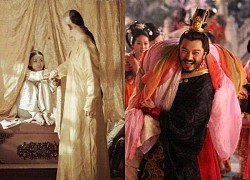 Minh Lợi14:08:01 16/02/2024Ancient Chinese people used to regard seeing blood as a harbinger of bad luck. Therefore, if he was unfortunate enough to be blessed on the right day of the month, the Heavenly Prince would know that he would not only lose his grace but might also anger him.
Minh Lợi14:08:01 16/02/2024Ancient Chinese people used to regard seeing blood as a harbinger of bad luck. Therefore, if he was unfortunate enough to be blessed on the right day of the month, the Heavenly Prince would know that he would not only lose his grace but might also anger him.

5 | 0 Discuss | Share

2 | 0 Discuss | Share

2 | 0 Discuss | Share
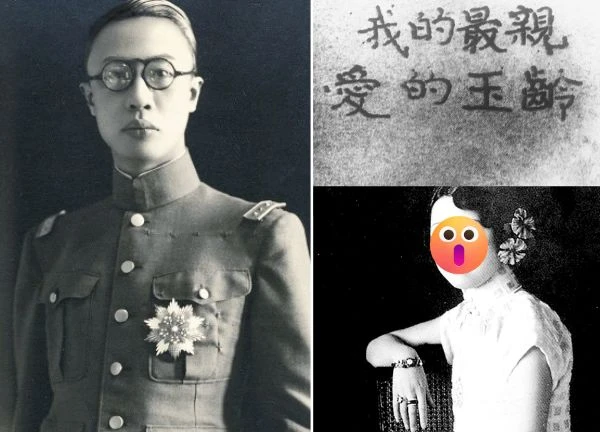
2 | 0 Discuss | Share

1 | 1 Discuss | Share
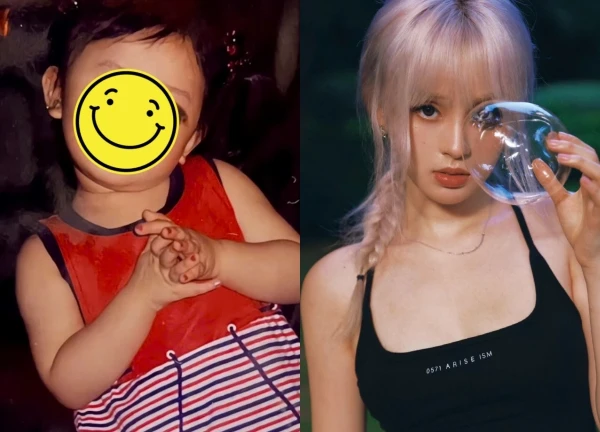
1 | 1 Discuss | Share

1 | 0 Discuss | Share

1 | 0 Discuss | Share
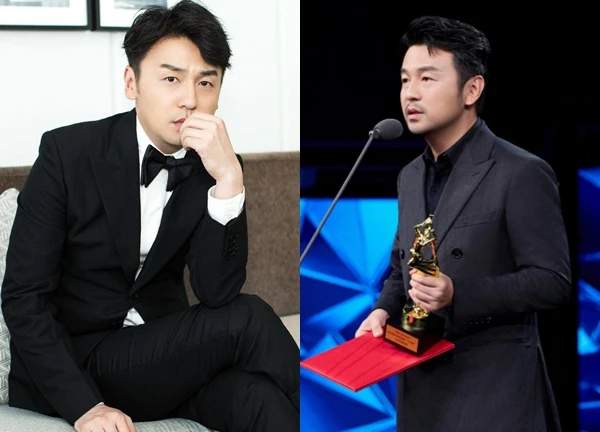
1 | 0 Discuss | Share

1 | 0 Discuss | Share

2 | 0 Discuss | Share
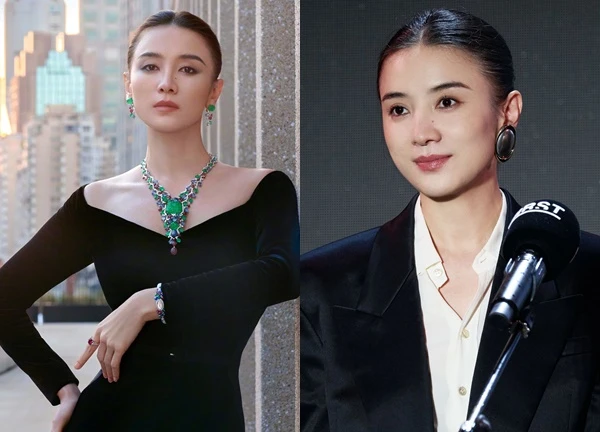
2 | 0 Discuss | Share


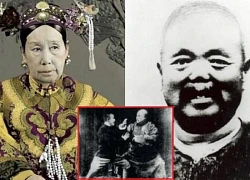

1 | 0 Discuss | Report